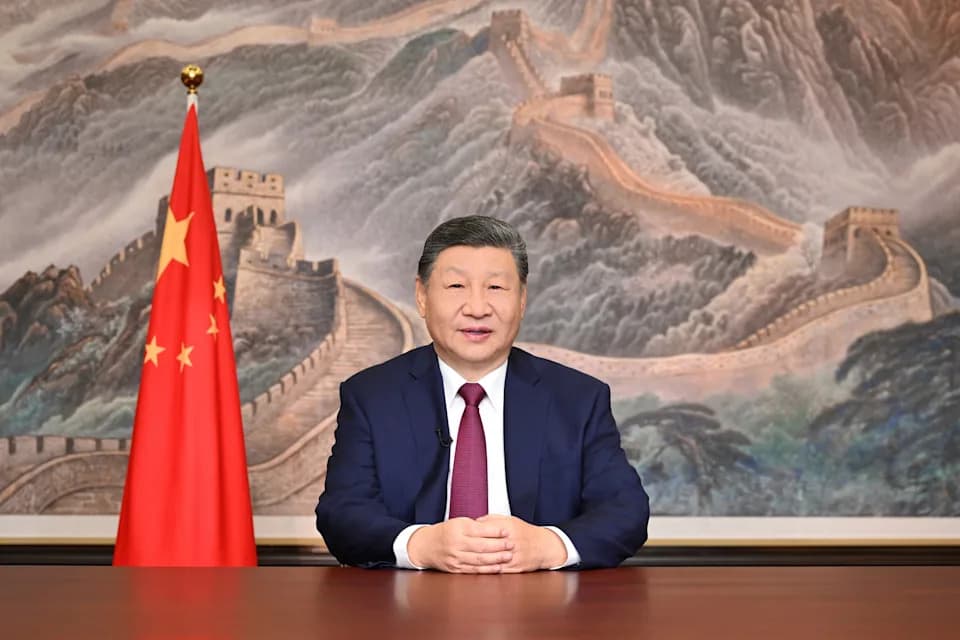China has told Japan it will ban all imports of Japanese seafood amid an escalating diplomatic dispute triggered by comments from Japan's new prime minister about a possible military response to an attack on Taiwan. Beijing has also advised citizens not to travel to Japan, prompting mass cancellations that threaten tourism and exports. The ban reverses an earlier partial easing tied to Fukushima wastewater and affects hundreds of exporters and several cultural and academic exchanges.
China Bans All Japanese Seafood Imports as Diplomatic Rift Deepens

China has informed Japan that it will halt all imports of Japanese seafood, deepening an intensifying diplomatic dispute between the two largest economies in Asia. The move follows remarks by Japan's new prime minister, Sanae Takaichi, who said this month that a Chinese attack on Taiwan that threatened Japan's survival could prompt a Japanese military response. Beijing has demanded a retraction and urged its citizens not to travel to Japan, triggering mass cancellations that pose a major short-term shock to Japan's tourism and trade sectors.
Background and official responses
The seafood ban reverses Beijing's partial easing earlier this year of restrictions that were introduced after Tokyo released treated wastewater from the Fukushima nuclear plant in 2023. Chinese sources told Japanese media the re-imposition is intended to allow further monitoring of the water discharge. China’s commerce ministry and customs administration have not publicly commented, and Japan’s Ministry of Agriculture, Forestry and Fisheries was not immediately available to respond.
Economic fallout
The decision will hit exporters and tourism alike. In June, China had said it would resume imports from most Japanese prefectures, excluding 10. Hundreds of firms had begun re-registration: nearly 700 Japanese exporters applied to resume shipments, Agriculture Minister Norikazu Suzuki said, but only three had been approved so far. Before the 2023 restrictions, China was Japan’s top buyer of scallops and a major market for sea cucumbers.
Tourism faces immediate disruption. China’s advisory discouraging travel to Japan has led to widespread cancellations — more than 10 Chinese carriers are offering refunds for Japan-bound flights through December 31, and an airline analyst estimated roughly 500,000 tickets have already been cancelled. Tourism accounts for about 7% of Japan’s GDP, and visitors from mainland China and Hong Kong make up roughly one-fifth of arrivals, so the boycott risks a sizable short-term hit to economic activity.
Academic and cultural impacts
Beyond trade and tourism, people-to-people ties and cultural exchange have been affected: an annual scholarly meeting scheduled in Beijing was postponed, a Japan–China friendship event in Hiroshima was cancelled, and screenings of upcoming Japanese films in China have been suspended. Several Japanese entertainers popular in China have issued public statements emphasizing respect for China and urging calm among fans.
Political context and outlook
Tokyo has cautioned its nationals in China to take extra safety precautions and avoid crowded places after a wave of hostile rhetoric from some Chinese state media and diplomatic sources directed at Prime Minister Takaichi. Japanese officials have indicated that Takaichi’s parliamentary remarks reflect the government’s position, suggesting limited immediate scope for a diplomatic breakthrough. The situation remains fluid, and the re-imposition of trade and travel measures could be adjusted if bilateral tensions ease.
By Kaori Kaneko and Eduardo Baptista.
Help us improve.


























